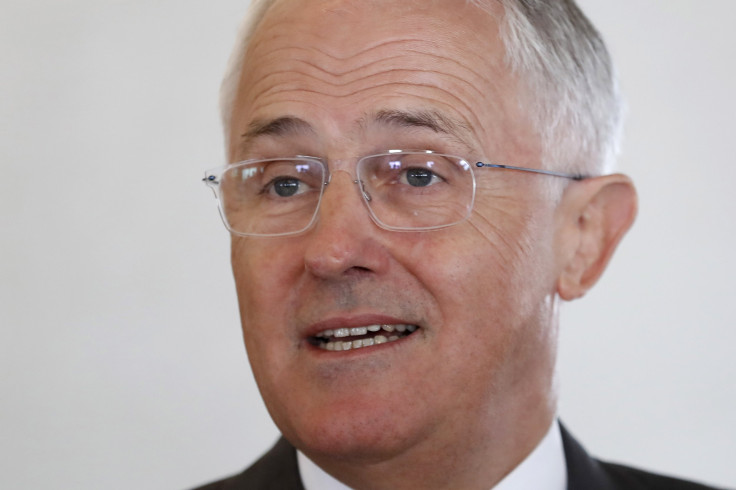Australia PM Launches Cybersecurity Campaign

Australia set out a far-reaching cybersecurity strategy on Thursday, invoking the leaks of United States whistleblower Edward Snowden, terrorism and even the threat of war to push for a coordinated global approach to protection of online data.
Prime Minister Malcolm Turnbull, who faces an election in July amid waning popularity, is trying to position himself as a leader who can transform Australia into a tech-savvy business hub as its economy deals with a commodities downturn.
In a speech in Sydney, the former online entrepreneur said hacking attacks cost the country A$1 billion ($780 million) a year and unveiled a long list of measures - from appointing his own special cybersecurity adviser to having internet safety taught in schools - to make the online world freer and safer.
"There's no global institution or infrastructure more important to the future prosperity and freedom of our global community than the Internet itself," Turnbull said, noting the Internet had spread "almost entirely without the direction or control of government".
"The same qualities that enable us freely to harness cyberspace for prosperity can also provide an avenue for those who may wish to do us harm," he said.
The country's Bureau of Meteorology and department store chain Kmart Australia Ltd, owned by Wesfarmers Ltd, both suffered online attacks last year, he noted.
Turnbull acknowledged the public has become skeptical about government activity online since U.S. National Security Agency contractor Snowden leaked classified documents in 2013, and again this year when the U.S. Federal Bureau of Investigation sought access to an Apple Inc iPhone used by one of the shooters in killings in San Bernardino, California.
But he said that "in certain very specific circumstances government will work with the private sector ... to fight serious online crime and extremism and to thwart terrorists and others who seek to hide their illegal activities online".
Governments must also cooperate with each other, Turnbull said, otherwise "there is a risk that unexplained cyber incidents could escalate into conflict between states".
Turnbull, who delivers his first budget in May, two months before the election, said he wants to spend A$230 million on 33 cybersecurity measures involving 100 new jobs, including extra resources for the government's Computer Emergency Response Team, and law enforcement agencies.
He also plans to relocate the cybersecurity office of intelligence agency, the Australian Signals Directorate, outside the broader Australian Security Intelligence Organisation to make it easier to coordinate with businesses.
Online security industry executives welcomed the strategy, noting it was Australia's first review of its cyber protection systems in six years.
"Given the speed with which these things have moved, we are overdue, and strategy goes some way to making good progress," said Phil Vasic, the Australian managing director of U.S.-listed cybersecurity firm FireEye Inc, who was at the Turnbull speech.
© Copyright Thomson Reuters 2024. All rights reserved.











